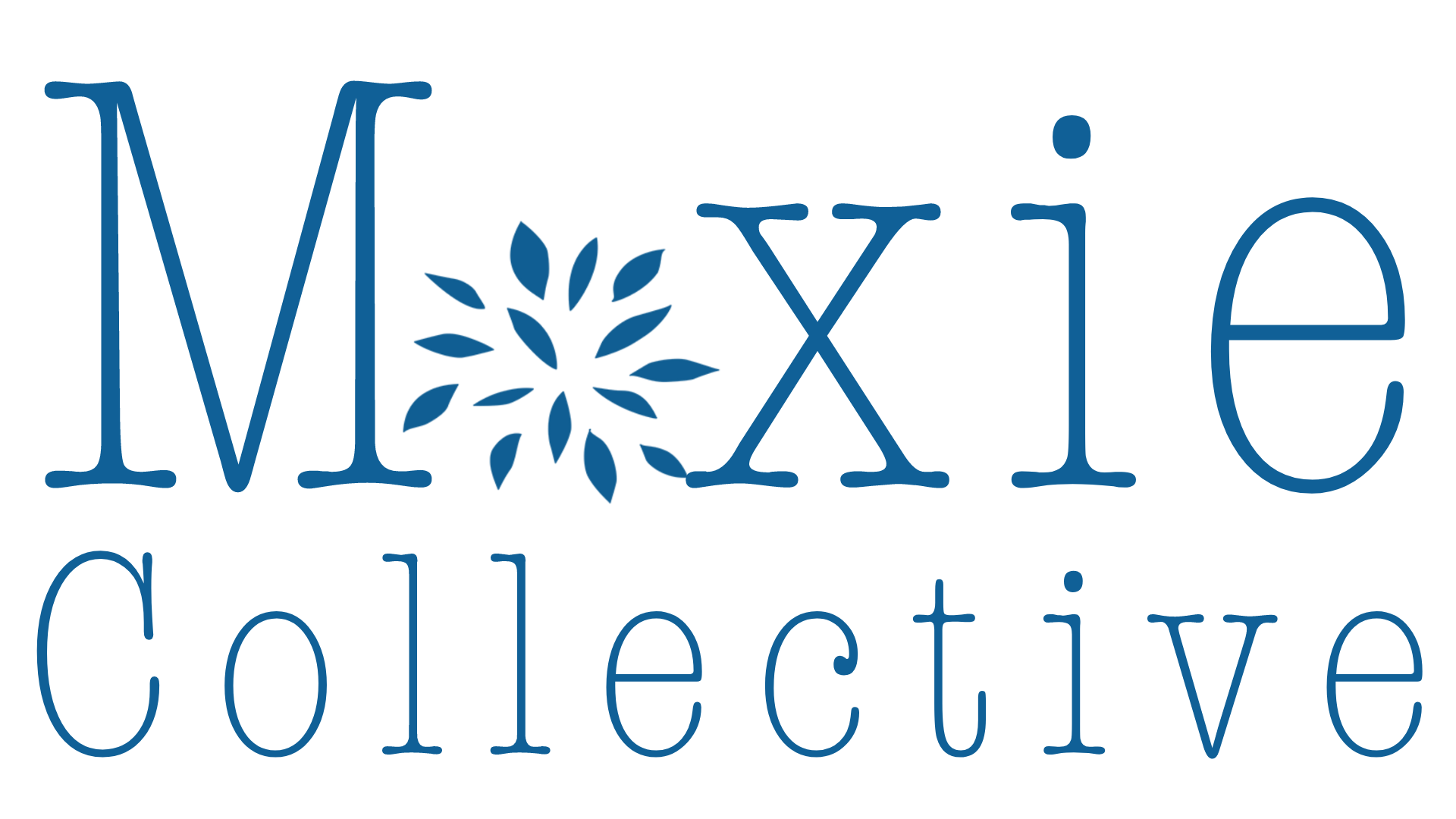The conscious living realm has a LOT of terms- do they overwhelm you? Confuse you? There’s slow fashion, sustainable fashion, fair trade, ethically made, eco-friendly, conscious fashion, fair wage, organic….. And the list goes on.
I thought I’d do my due diligence and at least clear up the differences between fairtrade fashion and ethical fashion for you today. I’ve somewhat submerged myself in this movement and I need the reminders sometimes, so I imagine you might need some help too.
Fair Trade
The definition of fair trade is pretty concrete. To be fair trade, the brand follows standards set by Fair Trade International. The Fair Trade Federation (FTF) regulated and monitors those standards. They have a 36-page document that outlines their principles you can download here, or you can just read my little summary ;)
The FTF believes trade ‘should be used as a tool to help alleviate poverty, reduce inequality and create opportunities for people to help themselves.’ They’re about the larger issue at hand. They’re out to change developing communities for the better, to transform societies and create a sustainable impact that will last far beyond their term of employment. They’re out to break cyclical poverty and shift the trajectory of developing nations through their programs. They support fair and on time compensation, healthy and non-toxic working conditions and build long-term relationships with the workers so they can develop skills and create a successful future for their families.
Their business practices and entire supply chain are transparent- nothing is hidden and they strive to create a sustainable future. They are free from discrimination, actively protest forced child labor and build communities on trust so workers are free to learn, ask questions and experience a sense of unification and belonging-this is huge for workers that come from isolating environments.
*There are many businesses that are certified by the Fair Trade Federation, which means they are have been vetted and are compliant with their standards. However, there are many that are not certified but adhere to their practices. The FTF is an amazing organization, but it costs a pretty penny for a business to become certified and sometimes they just can’t afford it. Don’t let the lack of certification deter you from purchasing from the companies that aren’t certified! Whether they’re just starting out, growing or whatever the case- they may just not be big enough to afford the certification process yet.
Ethical
The definition of ethical is somewhat variable and all-encompassing.
It provides a basic level of standards in labor ethics. It provides people a standard wage for living, basic needs (bathroom and meal breaks, and usually healthcare options), a healthy and safe working environment, and treats people with dignity and respect. All fair trade products are ethical, but not all ethically made products are fair trade, make sense?
Ethical can also mean that it’s ethical in the sense of creation and within the impact on the environment, but again the definition is variable.
The basic principle of ethical fashion essentially means you’re not buying products that go against the basic human rights of the workers that created the product. Seems pretty simple, right? It’s a pretty sad definition when you think about it.
This means, if a product isn’t ethical, then it involves someone sacrificing their basic human rights to make that product for you. Is that something you want on your conscious? You know that cute dress you just bought at forever 21? Well, someone's basic human rights were most likely sacrificed for you. The maker may work 16 hours a day, 6 days a week in dangerous and hazardous working conditions that impact their overall health, they can’t go to the bathroom, may get sexually harassed regularly, makes almost no money, lives in extreme poverty, goes hungry, can’t educate their children, and may sell their bodies for sex when they’re not in the factory so they can make ends meet.
Oh, and if a product at one of these fast fashion hell holes are beaded? That’s a sign of forced child labor. Kids have great eyesight and little hands, making it easier and more efficient for them to make the products. These kids are exploited just as much in these conditions. Can you imagine your little child forced to work in conditions like this so you can buy a beaded or basic dress for a ‘good deal’? Is it really a good deal if someone’s life is impacted like this? It’s not good for them, and us perpetuating the cycle will only harm more children in the long run.
Obviously, it would be great if all my products in my shop were fair trade- if each product changed someone’s life, but that’s not realistic. I want to create an environment where people can start with small changes and eventually grow into living consciously in every aspect of their life. I'm trying and I want to make it easy for you to try too.
Everyone has something that drives them, a compass so to speak. For me, it’s my faith. I’m a Christian and I believe it’s my job to love people just as God does- unconditionally. I believe it’s my job to fight fiercely and stick up for the exploited just as God does. I believe it’s my job to try and leave this earth better than I found it- just as Jesus did. My faith encompasses me and that’s why I can’t shop with brands that hurt people every day. What is it that drives you to buy ethically made fashion? Send me a note and let me know!
Until next time, friend.
XO,
Haley

